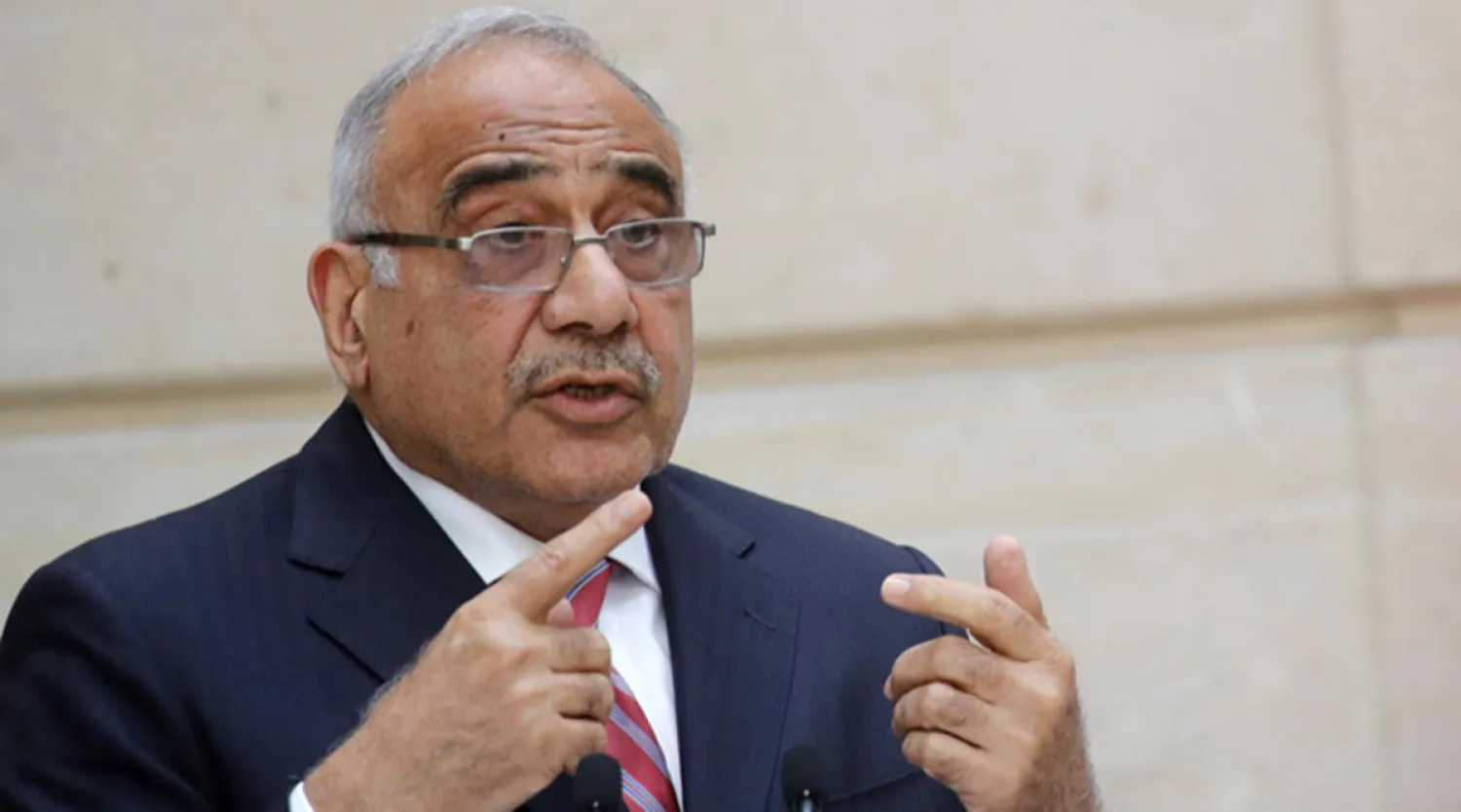On the second day of his visit to China with half of his government members and all the governors of Iraq, Prime Minister Adel Abdul Mahdi called on major Chinese and international companies to invest in Iraq.
Speaking at the 2019 World Industrialization Convention in the city of Hefei, capital of East China's Anhui province, Abdul Mahdi said that Iraq needed, more than ever, to boost its relations with Asia, especially with China, in order to regain its vital and active role.
Underlining the need for an integrated partnership between the two countries, Abdul Mahdi said that he would meet with Chinese leaders to discuss prospects of cooperation and partnership.
He called on “major Chinese and international companies to work and invest in Iraq in the sectors of energy, communications, roads, dams, water, agriculture, industry, infrastructure and other areas supported by an encouraging legislative environment and safe conditions.”
“During my meetings, I will call on Chinese companies to contribute and work vigorously and effectively in the renaissance and reconstruction of Iraq. For our part, we will ensure that the difficulties of this endeavor are facilitated and resolved through a central committee that will provide the appropriate conditions and opportunities for these companies,” he remarked.
Commenting on the visit, Iraqi academic and economist Dr. Abdul Rahman al-Mashadani, told Asharq Al-Awsat: “It is known that the oil market is witnessing a conflict for the coming years, and therefore, Iraq will at least guarantee the sale of its oil for the next 10 years, in return for the work of companies in these countries in the field of infrastructure.”
He added that Iraq was counting greatly on the role of Chinese companies in the reconstruction of the country’s infrastructure.









